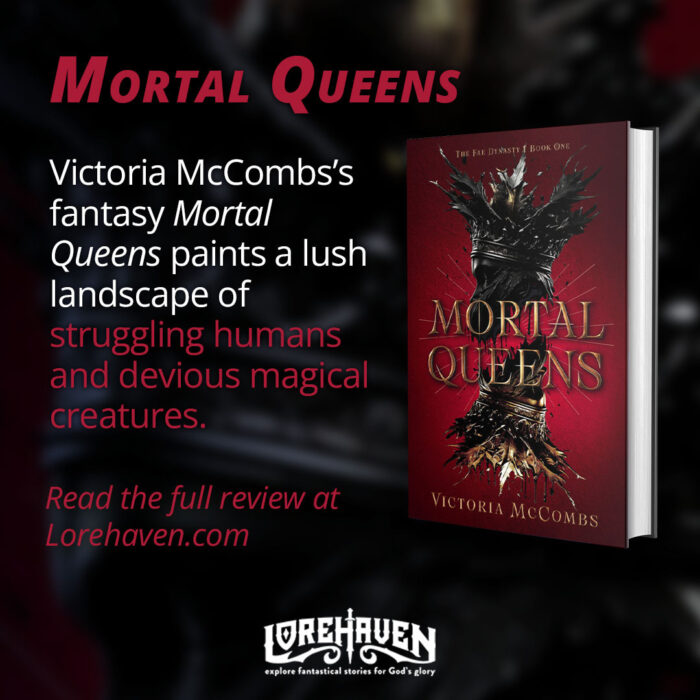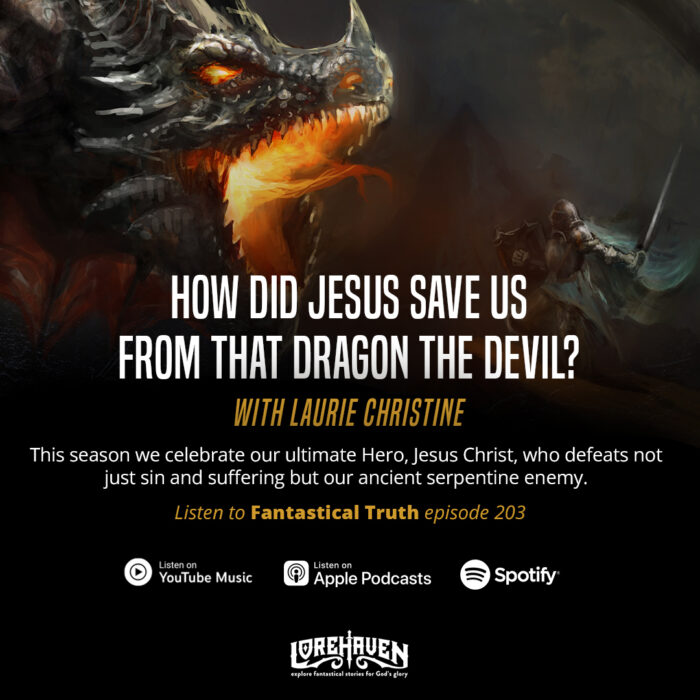Not Cinema, but Movies
Martin Scorsese recently kicked up one of those momentary controversies we are forever passing through. He said that Marvel movies are not cinema but truly more like theme parks; from this we may conclude that he doesn’t think they’re art, either. Scorsese expanded on his thoughts in the editorial pages of The New York Times, from which we may further conclude that there are advantages to being him. The essay is worth the read, more an indictment of the film industry generally than of Marvel specifically. Still, there’s indictment enough of Marvel.
I have some sympathy for Scorsese’s arguments. I also have sympathy for Marvel, though it runs against my instincts. A multi-billion dollar franchise is big enough to take care of itself, and certainly Marvel could find far  better defenders than me. I have no native affinity for superheroes or comic books, and it took years for me to melt toward Marvel. Even now, I haven’t watched a notable percentage of the movies because I do not expect to see either Loki or Captain America. I do not exactly come to praise Marvel, but neither do I come to bury it.
better defenders than me. I have no native affinity for superheroes or comic books, and it took years for me to melt toward Marvel. Even now, I haven’t watched a notable percentage of the movies because I do not expect to see either Loki or Captain America. I do not exactly come to praise Marvel, but neither do I come to bury it.
Scorsese’s criticisms of Marvel have the dollar-short quality of sensing the truth without ever hitting the mark. “Nothing,” he says of the movies, “is at risk.” But that isn’t true. A great deal is at risk in Marvel movies, and some things are irrevocably lost. Consider the sad case of Thor, who once had everything and now has nothing at all – unless you count the Guardians, which I personally would not. There is risk in the Marvel franchise, and even consequences. What the risk and consequence sometimes lack – what the franchise as a whole has a devitalizing tendency to lack – is weight.
Marvel always goes after spectacle. Spectacle is an admirable thing, though if Marvel’s flavor of spectacle is not to your taste the movies will likely leave you cold, and possibly thinking they are more like theme parks than cinema. But spectacle is not enough. It is the realization of ideas in story, and of humanity in characters, that gives weight to art and meaning to spectacle. Marvel’s great weakness is its propensity to short-change ideas for spectacle and sometimes even humanity for humor.
The whole point is perfectly illustrated by Thor: Ragnarok, which completely destroyed Asgard (risk! consequence!) but hastened to assure us that it did not matter and joked while Asgard burned. It told the Twilight of the Gods and didn’t even want to be moving. Still, the weakness of the franchise is not the failure of every movie. The original Thor had weight and even psychological drama, making a genuine tragedy of its villain’s fall from grace. Endgame gave its characters space to breathe and think and feel – and us along with them. It is one of the things that gave the film its satisfaction.
To judge by his New York Times op-ed, Scorsese is fond of the word cinema. I fancy that says something about where he’s coming from, because cinema is not, generally speaking, a word that people use. I do not entirely know what Scorsese means by it, but doubtless Marvel doesn’t meet the definition. Marvel is not cinema in the tradition of Jean-Luc Godard and Ingmar Bergman, but they are movies in a broader and more popular tradition. You can find fault with them; on occasion, you probably should. But within all their limitations, and despite all their flaws, the Marvel movies are a tour de force of popular storytelling.







































It’s interesting that Scorcese wants to pump up art so much, but in the name of art for one of his more recent films, Silence (which was a work of art), he rode on the back of other people’s wealth and drove it into the ground. Movies, imo, have a moral duty to not waste their patron’s dollars (both the viewing population, and the ones funding the films)–even MORE of a moral duty than to be good art. Superhero movies exist because A. people like watching them, and B. they give money back to the investors. It’s foolish to always weigh art as more valuable than the business because bad business ruins peoples lives and the art is irrevocably connected to the business. You have to walk the balance. Do the best art you can while running a healthy business that respects people’s investments and lives. Both sides are important. Some movies focus more on the business side. That’s perfectly fine. Some movies focus more on the art, and so long as they’re not doing so with a bloated budget that will force a studio into bankruptcy, that’s perfectly fine too. All the artiste purism is a load of bologna for old guys with pumped up bravados and inflated senses of self-importance. There’s certainly merit in the superhero movies. Lots of people work really hard on them. That’s legitimate and should be praised. It’s good to criticize where things fall short, of course, but sometimes people’s attitudes about it just get sideways. Hope that makes sense.
I think one of the things that may bother Scorsese is he seems to have an elitist view of art–and superhero movies are SO popular. To such an extent that Scorsese represents a tiny, tiny minority would would even dare to criticize superhero tales.
His voice is such a small one in the overwhelming chorus of love for superhero stories that we needn’t worry about his remarks very much. He isn’t going to make much of a difference.
If he is able to increase the total number of movies not based on superheroes by even five percent, I’d be surprised. And if he does manage to influence a tiny increase in non-superhero stories, so what? There are some great speculative fiction stories out there without any superheroes at all. Great films like Gattica, the original Alien, and many others.
As for myself, I’ve enjoyed superhero stories at times and think they can be great. They can be also be awful (RE; Suicide Squad and sadly, many others) and I tend to think maybe there doesn’t need to be as many of them as there actually are…
Agreed.